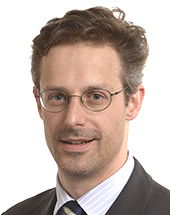
Choisissez la langue de votre document :
- bg - български
- es - español
- cs - čeština
- da - dansk
- de - Deutsch
- et - eesti keel
- el - ελληνικά
- en - English
- fr - français
- ga - Gaeilge
- hr - hrvatski
- it - italiano
- lv - latviešu valoda
- lt - lietuvių kalba
- hu - magyar
- mt - Malti
- nl - Nederlands
- pl - polski
- pt - português
- ro - română
- sk - slovenčina
- sl - slovenščina
- fi - suomi
- sv - svenska
|
| Proċedura : 2015/2342(INI) |
| Ċiklu relatat mad-dokument : A8-0045/2017 | ||||||
Testi mressqa : A8-0045/2017 | Dibattiti : PV 04/04/2017 - 14CRE 04/04/2017 - 14 | Votazzjonijiet : PV 05/04/2017 - 9.22CRE 05/04/2017 - 9.22 Spjegazzjoni tal-votazzjoni | Testi adottati : P8_TA(2017)0124 | |||
| Rapporti verbatim tad-dibattiti | |
| It-Tlieta, 4 ta' April 2017 - Strasburgu | Edizzjoni riveduta |
|
| Avviż legali - Politika tal-privatezza |


















































































